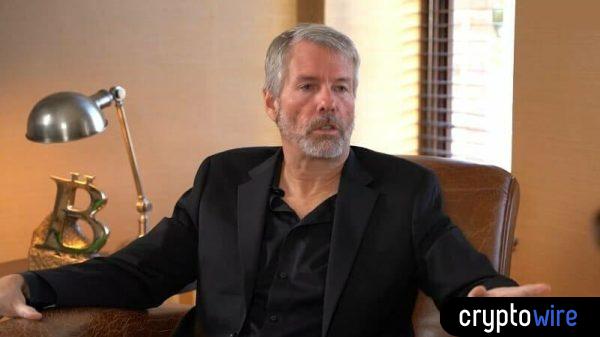📰 Table Of Contents
British Columbia’s Move to Regulate Crypto Miners’ Electricity Use
The Canadian province of British Columbia is taking steps to regulate electricity consumption by crypto miners due to concerns over their unchecked growth.
Addressing High Energy Consumption
Josie Osborne, Minister of Energy, Mines, and Low Carbon Innovation, stated that the province is working to tackle the high energy consumption by crypto miners, which she believes is not creating enough jobs or economic opportunities.
Legislative Amendment Proposal
The ministry is proposing a legislative amendment that would empower the government to restrict or limit electricity usage by crypto miners. This measure is deemed necessary to prevent the unchecked growth of the sector, which could lead to increased costs in supplying electricity to homes and businesses.
Suspension of New Connections
In December 2022, the province called for a suspension of new electricity connections for cryptocurrency mining for a period of 18 months. As a result, approximately 21 projects requesting a total of 11,700 gigawatt hours of power per year were temporarily halted.
Ensuring Future Electricity Supply
Minister Osborne highlighted the collaboration between the province and British Columbia Hydro to ensure an adequate electricity supply for the region’s future needs. This includes regulating electricity services for energy-intensive cryptocurrency miners that contribute minimally to local job creation.
Legal Ruling and Industry Impact
In February, the provincial supreme court upheld BC Hydro’s moratorium on crypto mining projects as a reasonable measure. British Columbia aims to prioritize electricity for electric vehicles, heat pumps, businesses, and industries that promote carbon emission reduction and economic growth.
British Columbia’s Focus on Electricity Preservation
British Columbia became the third Canadian province, after Quebec and Manitoba, to impose restrictions on crypto mining activities. The province announced a temporary halt on approving new mining connections to its power grid for 18 months.
Minister Osborne emphasized that the move aims to preserve electricity for essential purposes such as electric vehicles, heat pumps, and projects that reduce carbon emissions while creating jobs and economic opportunities.
Despite being the fourth-largest electricity producer in Canada with a capacity of 18,250 megawatts, concerns have been raised about the province’s ability to consistently meet future power demands. A report from the North American Electric Reliability Corporation warned that by 2026, rising demand and generation constraints could pose challenges to maintaining a stable power supply.
Ian is a cryptocurrency enthusiast blending humor with professionalism. With an engineering background and a storyteller's heart, he simplifies the blockchain world with sharp analysis and a touch of wit. At Cryptowire, he brings his unique perspective to make digital financial innovation accessible to all.















































